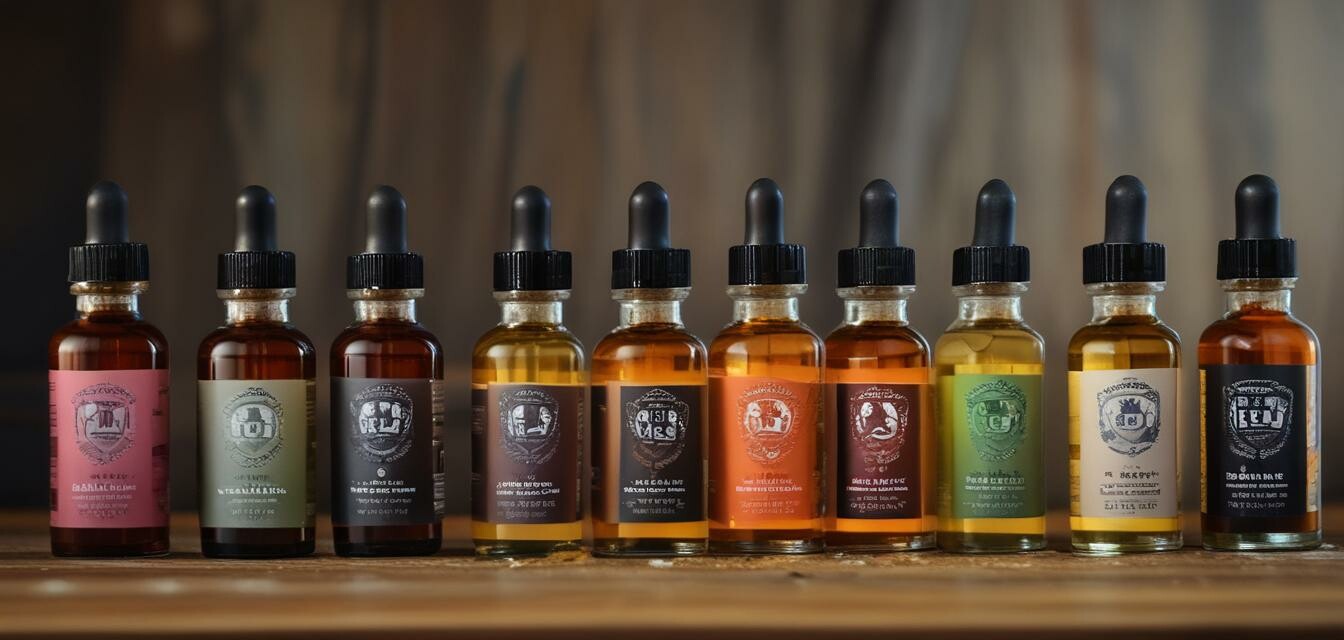
The Ultimate Guide to Choosing Beard Oils
Key Takeaways
- Understand your beard type and grooming needs.
- Look for natural ingredients in beard oils.
- Choose the right scent that complements your personality.
- Evaluate different bottle types for convenience.
- Pay attention to the brand and product reviews.
Beard oils have become an essential part of every man's grooming routine. Not only do they promote a healthy beard, but they also enhance your overall aesthetic. This comprehensive guide will explore the essential factors to consider when selecting the perfect beard oil for your personal grooming needs.
Why use beard oil?
Beard oil is specifically designed to moisturize both the beard and the skin beneath. It helps prevent dryness, itching, and flakiness while also adding a healthy shine to your beard. Here are some of the primary benefits:
- Softens the beard.
- Reduces itchiness.
- Improves the overall appearance.
- Offers a pleasant aroma.
Factors to consider when choosing beard oils
1. Beard type and grooming needs
Every beard is unique, and selecting the right oil often depends on your specific beard type:
- Coarse and curly beards: These types may require heavier oils to keep them moisturized.
- Straight and fine beards: A lighter oil often suffices for these beards.
2. Ingredients
When reviewing beard oils, always pay attention to the ingredient list. Here are some key ingredients to seek:
| Ingredient | Benefit |
|---|---|
| Jojoba Oil | Similar to skin oils and excellent for hydration. |
| Argan Oil | Rich in vitamin E and often used for softening. |
| Coconut Oil | Provides deep moisture and aids in taming flyaways. |
| Castor Oil | Promotes thicker, healthier beard growth. |
3. Scent
Choosing the right scent can be just as important as the ingredients. Here are a few considerations:
- Strong scents: Ideal for special occasions.
- Light scents: Great for everyday wear.
- Natural scents: Such as woodsy and herbal fragrances often appeal to many users.
4. Bottle type
The type of bottle can impact the ease of use and effectiveness:
- Pipette: Provides precision in the amount of oil used.
- Spray: Good for quick application.
- Dropper: Offers versatility and control.
5. Brand and reviews
Opt for brands that are well-reviewed and trusted within the grooming community. Researching user reviews can help you gauge effectiveness and customer satisfaction.
Tips for beginners
- Start with a small bottle to test the product.
- Apply beard oil after showering to lock in moisture.
- Experiment with scents to find what suits you best.
- Combine beard oil with a beard balm for extra styling and hold.
Pros
- Moisturizes and softens the beard.
- Reduces itching associated with beard growth.
- Variety of scents to suit personal preferences.
- Available in various types for different beard needs.
Cons
- Some users may experience allergic reactions to specific ingredients.
- Quality beard oils can be pricey.
- Finding the right oil may require some trial and error.
Conclusion
Choosing the right beard oil is essential for any man looking to enhance his grooming routine. By understanding your beard type, focusing on quality ingredients, and considering scent and bottle type, you can make an informed decision. If you're looking for more grooming essentials, check out our beard oils section, or explore our guides for face washes and skincare essentials to elevate your grooming experience.
